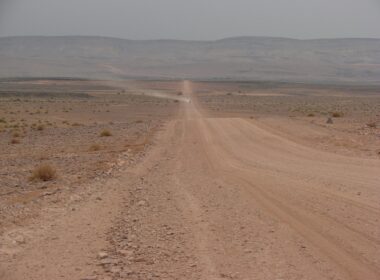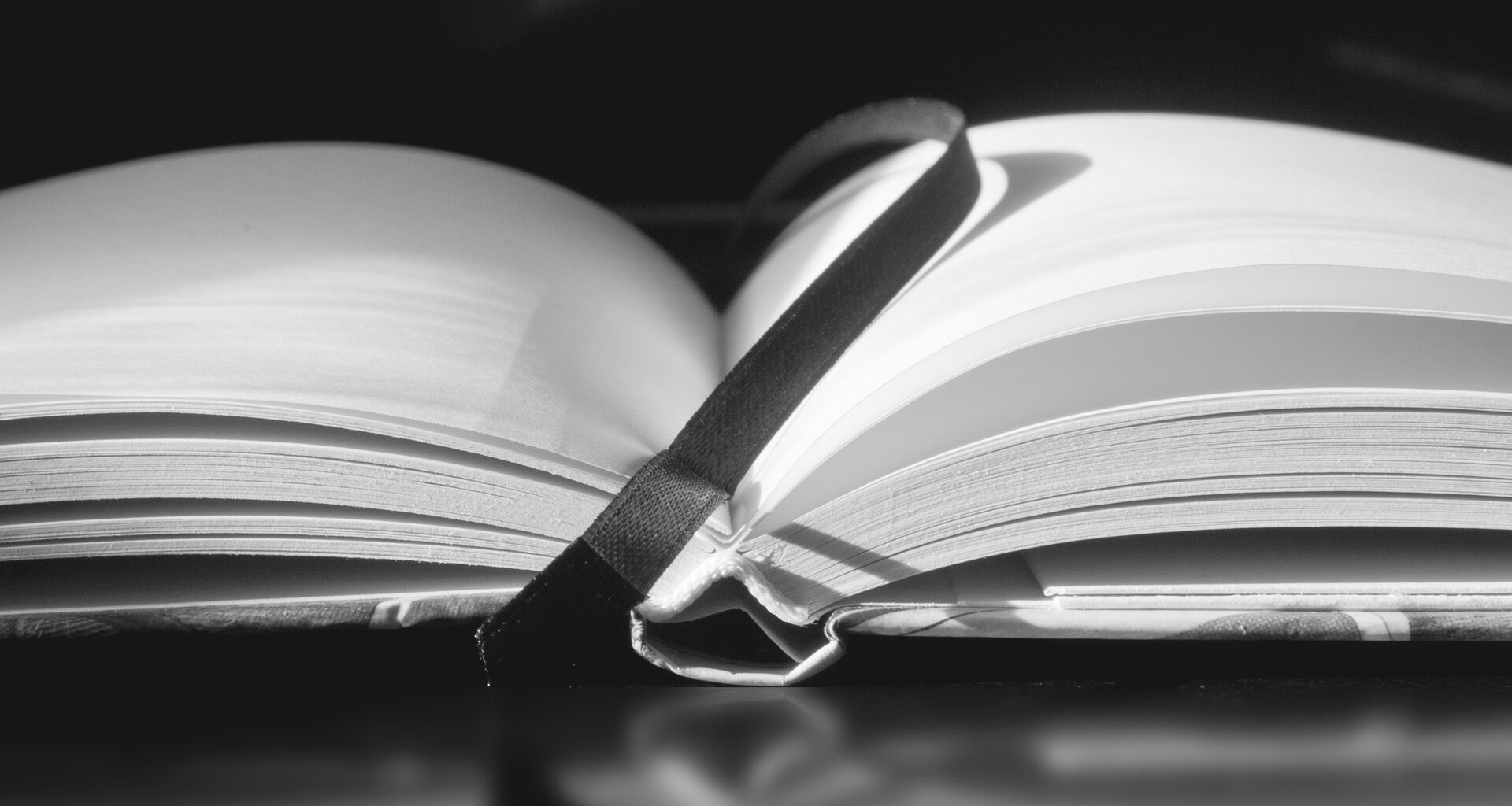“I am formed of such a twisted congress of things I cannot possibly discern to which part I am for faithful, nor which part is more deserving of my fidelity.”
I wrote that when I was 21, desperately trying to emulate John Keats. At the time, I was enamored of his gilded sublime — the “otherness” of life. It was emotion and spirituality and philosophy all wrapped in one “umami” package.
No surprise that he was one of my literary knights in shining armor — I was a deeply emotional kid. I still am, in many respects. And I have long sought to express myself in poetry the same way Keats and his fellow romantic penners did. In fact, I still write verse and compare it to those of the masters: How is my word use different? What is that special something that’s eluding me? Why is my work not as powerful?
I suppose this is the frustration of most poets. To hit the mark is a one in 10,000 play — at least, to hit the mark so that others can really experience the “umami” sensation you’re after.
When I was still wet behind the ears, I tried to find my own “otherness” with word stuffing. I look back on poems from my early 20s and see mouthfuls of SATs words jammed into rhyme: assignations, perambulations, and prestidigitations, oh my! I thought there was magic to these words because my heroes of verse used them often. My poetry, however, felt clunky, forced — fruitless grabs at the ethereal with arms too short.
I’m happy to say there was an evolution. I ditched the rhyme at some point. Experimented with meter. Tossed rules out the window and went with my gut. This produced palatable lines in a different, less fussy vein. Like this one, pulled from a poem drafted during one of my existential crises:
What is my point at all in a village of play things and Lincoln Log dreams?
At the end of the day, into their boxes they go.
I enjoyed this stage in my poetic development. It was open, freeing. And while my younger self was all about the workings of the universe, this vaguely more mature 20-something also tapped into visceral themes: the taboos of sex and drinking, the darkness revealed in the joy of sinning, and so forth. The pendulum often swung in the other direction, too: playing with variations on the Pauline letters in the hopes that I would absorb the apostle’s spiritual insights.
Thirty hit and that all felt a bit too much, like the end of my Roaring ’20s. I pulled back, waffled, wavered, and ultimately returned to prose. I painted imaginary scenes in short fiction that seemed more rewarding than my pericopes in poetry. My characters were rich, complicated, riddled with struggle — and often faced gruesome endings. How intrigued I was by our darker angels!
I realized something else at the same time: the power of symbolism. Perhaps it was my inner writer coming full circle, recalling the symbol-rich stories of O’Henry and the like. Regardless, my fiction was dotted with metaphors, similes, allegories. I loved the idea of drawing meaning out of a moment (or moments) in time.
But I missed poetry, so I hesitantly took up verse again. I tripped over my Keatsian instincts while attempting to force the common man’s voice. It ended up quite muddy, as you can imagine. Sublime mixed with prurient (often for shock value) mixed with rule-flouting mixed with inexplicable oddity — and very little of me made it through.
Tainting all of this was my desperate need for affirmation. I wanted people to like and respect me — or rather, like my work and by extension, me. Any successful writer worth their salt would have told me to toss that yearning out the window. Nothing good can come from my work if I’m set on writing something that will appeal to others. Where is the “me” in that?
Still, I followed that path, which brings me to the awkwardness of today. A poet slogging through verse like a plow horse through muddy fields. (Oof, I’m still doing it.) Just recently, in fact, I wrote this convoluted mess:
Tonight, I retreat. Just a little, maybe — not all the way. To a grove of unmoving trees, shaded by a 100-year-old canopy of lush quiet. Where I can breathe, and think, and shut my busy eyes.
Where I can be. And that is enough.
I retreat like this to find my name again, to know my place and steady course. To think on what path to build for me, so that I not follow blindly where other pave and race.
Do you see it? A mix of that legacy pull toward the sublime, a nagging voice telling me to simplify, and an attempt to insert myself without apology.
Little surprise, I suppose, that I don’t feel much closer to meaningful poetry now than when I was in my 20s. This is why I often return to essays, reflections, stories. Prose has been the anchor of my professional career, so it makes sense — and playing with language and meaning in poetry has helped me sharpen my prose-writing skills.
But I still want to unlock poetry for its own sake. Why is it so hard? Countless poets put pen to paper and did their thing, found their voice, sussed out meaning. Mastery came with volume, with time. It’s been 20 years for me — how much more time and volume do I need to produce poetry that makes me proud? Or (forgive me, Keats) will it always only be a honing tool for my prose?










